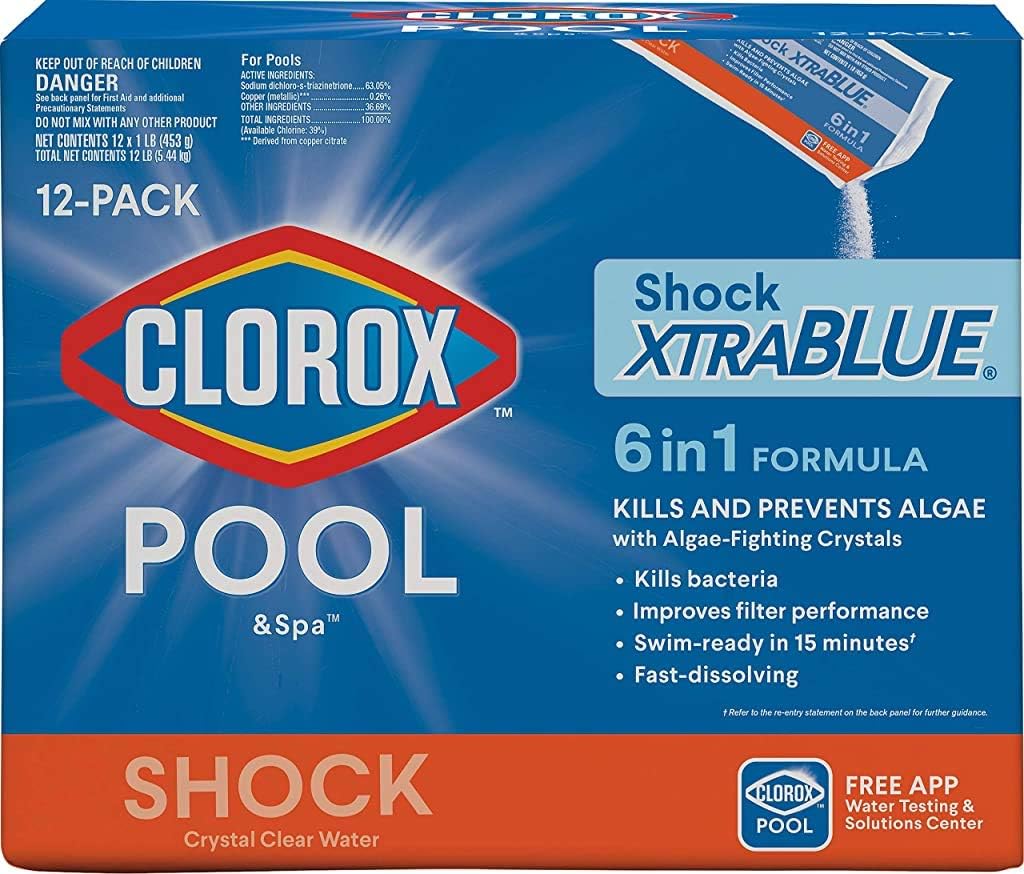Chemicals Water Testing Products
Chemical water testing products are essential tools for maintaining water quality in various settings, including pools, hot tubs, gardens, and cleaning applications. These products help users monitor and adjust chemical levels to ensure safe and clean water. Here's what you need to know about chemical water testing products:
Water Testing Kits: Water testing kits are widely available and are used to measure various water parameters. The most common tests include pH levels, chlorine or bromine levels, alkalinity, and calcium hardness. These kits typically include test strips, liquid reagents, or digital meters to provide accurate readings.
pH Testing: pH levels indicate the acidity or alkalinity of water. Maintaining the proper pH balance is crucial for water quality, as it can affect the effectiveness of sanitizers and the comfort of swimmers or bathers. A pH level of 7.0 to 7.6 is typically recommended for most applications.
Chlorine and Bromine Testing: Chlorine and bromine are common sanitizers used in pools and hot tubs. Testing these chemical levels ensures that the water remains safe and free from harmful bacteria and contaminants.Proper levels of these sanitizers help prevent waterborne illnesses.
Alkalinity Testing: Total alkalinity is a measure of water's ability to resist changes in pH. Maintaining the right alkalinity level helps stabilize pH levels, preventing fluctuations that can lead to water imbalances and equipment damage.
Calcium Hardness Testing: Calcium hardness refers to the amount of dissolved calcium in the water. Proper calcium hardness levels are important to prevent water from becoming too soft, which can lead to corrosion, or too hard, which can result in scale buildup.
Test Frequency: Regular testing is essential to ensure water quality. The frequency of testing depends on factors such as water usage, weather conditions, and the type of chemicals used. Many experts recommend testing at least once a week and more frequently during heavy use periods.
Water Balancing: Once you have test results, you may need to adjust chemical levels to maintain proper water balance. This may involve adding chemicals like pH increasers or decreasers, chlorine or bromine tablets, or calcium hardness increasers.
Safety: Follow all safety guidelines and manufacturer instructions when using chemical water testing products. Store testing chemicals securely, and avoid contact with eyes, skin, or inhaling fumes.
Cleaning Tools: In the context of cleaning tools and chemicals, water testing can also be crucial for industries such as janitorial services. Ensuring that cleaning solutions are properly mixed and diluted according to water quality standards can enhance cleaning efficiency.
In summary, chemical water testing products are vital for maintaining the safety and quality of water in pools, hot tubs, gardens, and various cleaning applications. Regular testing and proper adjustments of chemical levels help ensure that the water remains clean, balanced, and safe for its intended use.






